Europe 1901-present
While war seems to be a backdrop to events in Europe in this time period the articles collected here explore many of the wider impacts and elements to the war. Medicine and technology are explored alongside dramatic changes in social attitudes. The political events that disrupt and shape Europe of the 20th century are explored though a range of engaging articles that include Russia and the USSR, Fascism and European co-operation.
Sort by:
Date (Newest first) | Title A-Z
Show:
All |
Articles |
Podcasts |
Multipage Articles
-
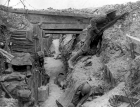
Remembering the First World War: Using a battlefield tour of the Western Front
ArticleClick to view -

Richard Evans Medlicott lecture: The Origins of the First World War
ArticleClick to view -
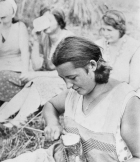
Shaping the debate
ArticleClick to view -
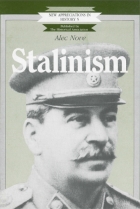
Stalinism
ArticleClick to view -
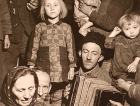
Teaching 20th-Century History Resources
ArticleClick to view -
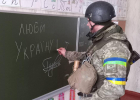
Teaching about the Russian invasion of Ukraine and events happening there
ArticleClick to view -

Teaching the Holocaust: the experience of Vad Vashem
ArticleClick to view -
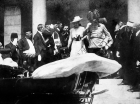
The Assassination of Arch Duke Franz Ferdinand
ArticleClick to view -
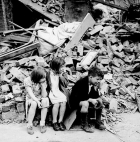
The Coming of War in 1939
ArticleClick to view -
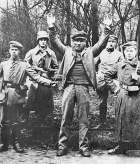
The German Revolution 1918-19
ArticleClick to view -
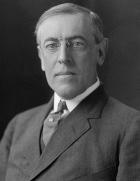
The League of Nations
ArticleClick to view -
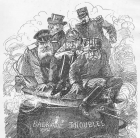
The Origins of the First World War
ArticleClick to view -
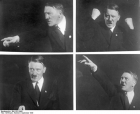
The Origins of the Second Great War
ArticleClick to view -

The Past, the Present and the Future of the Economic Crisis, through Greek Students’ Accounts of their History
ArticleClick to view -

The Romanov Tercentenary: nostalgia versus history on the eve of the Great War
ArticleClick to view -
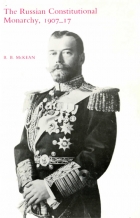
The Russian Constitutional Monarchy, 1907-17
ArticleClick to view -
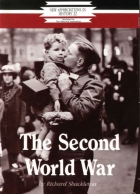
The Second World War
ArticleClick to view -

The Spice of Life? Ensuring variety when teaching about the Treaty of Versailles
ArticleClick to view -
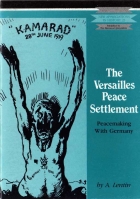
The Versailles Peace Settlement
ArticleClick to view -
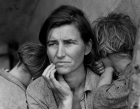
The knowledge illusion
ArticleClick to view

